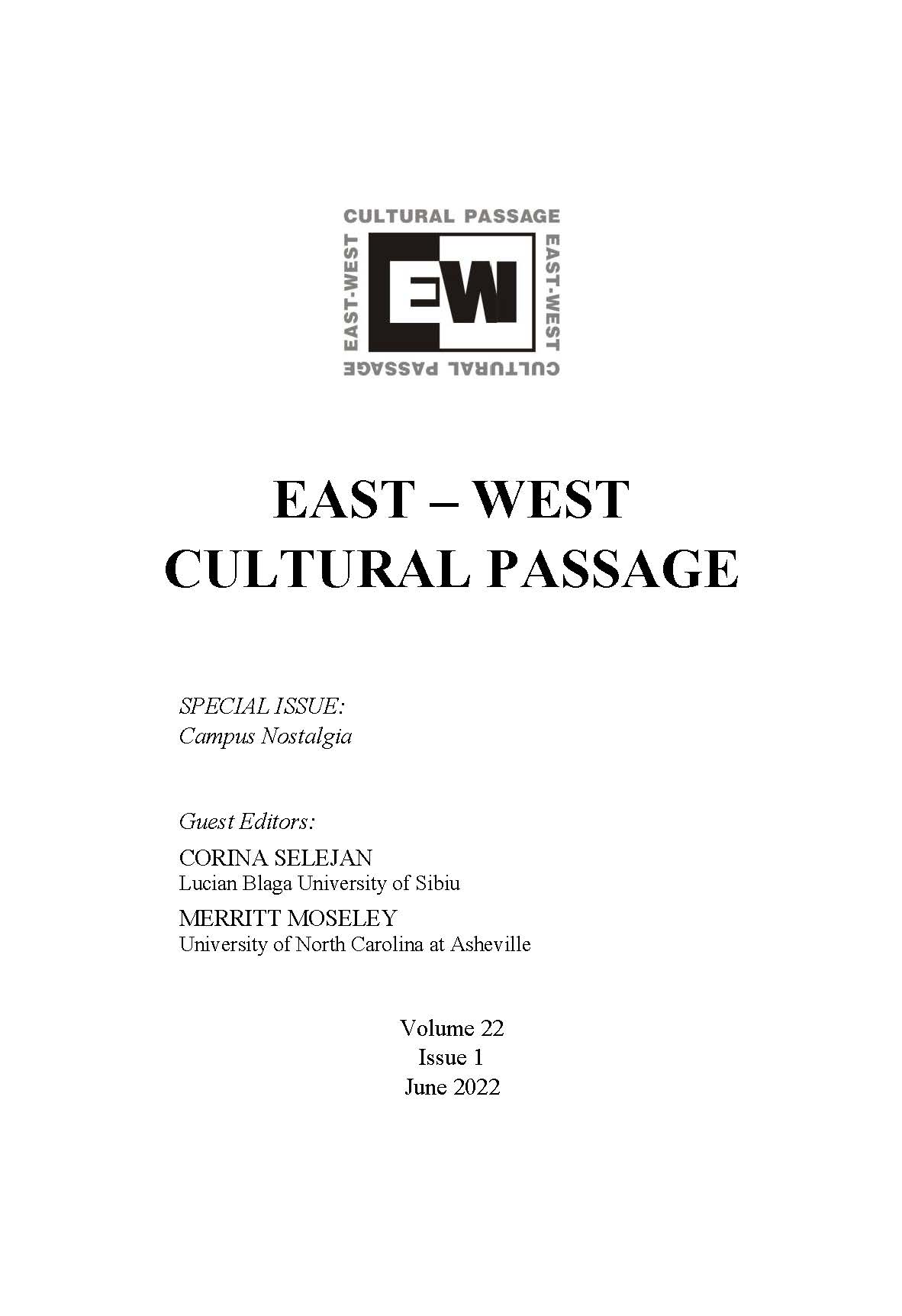“Oh to Be Twenty-one, Reading Greats at Oxford!”: What Happens in Tom Stoppard’s The Invention of Love
“Oh to Be Twenty-one, Reading Greats at Oxford!”: What Happens in Tom Stoppard’s The Invention of Love
Author(s): Rowland CotterillSubject(s): Philosophy, Theory of Literature, British Literature
Published by: Editura Universitatii LUCIAN BLAGA din Sibiu
Keywords: nostalgia; Classics; love; modernity; resurrection; past; academe; time; space;
Summary/Abstract: Tom Stoppard’s play The Invention of Love stages the classical scholar and poet A.E. Housman at the point of death, as, in the role “AEH,” he recalls his younger self, “Housman.” “Housman” is seen as an Oxford undergraduate; he is a brilliant classicist, driven by ambition to purge ancient texts from corrupt readings; he is also fired by love for a male fellow-student, Jackson, and by a vision of Classical studies as fostering an awareness of ancient virtue shown in athletic prowess and comradely self-sacrifice. His Oxford milieu offers ambiguous support for this combination of ideals; as a clerical worker in London, he fulfils his academic ambitions but forces upon himself and Jackson the recognition that his love is not reciprocated, and, in any case, could not safely be given public expression or acknowledgement. “AEH,” driven by a sense of nostalgia which is also a quest to recover and resurrect his former self, is increasingly led to confront love, in his own life and in the poetic texts upon which he has worked, as an invention – a precarious and perhaps unsustainable balance between coherence and breakdown, between a stoical embrace of modernity and a passionately modern turn to a receding past.
Journal: East-West Cultural Passage
- Issue Year: 22/2022
- Issue No: 1
- Page Range: 25-53
- Page Count: 29
- Language: English
- Content File-PDF

